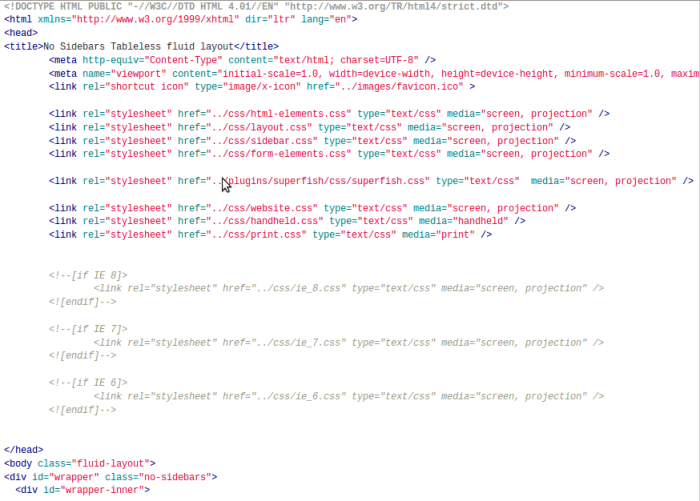
What does esquire mean in law? The title “Esquire” has a rich history, dating back to medieval times when it denoted a social status of nobility and rank. Today, while its meaning has evolved, it still holds significance within the legal profession.
The use of “Esquire” in legal contexts signifies a lawyer’s standing and is often associated with a level of professionalism and expertise. It’s not just a title; it represents a historical connection to a tradition of legal practice and the values it embodies.
“Esquire” in Legal Context

The title “Esquire” has a long history, originating in medieval England, where it denoted a person of noble rank or a knight. However, in modern legal contexts, its significance has evolved, becoming a convention primarily used in association with lawyers and attorneys.
Use of “Esquire” in Legal Documents and Correspondence
The use of “Esquire” in legal documents and correspondence is a matter of formality and tradition. It serves as a respectful and professional designation for lawyers, signifying their standing within the legal profession.
- Formal Legal Documents: “Esquire” is often included after the lawyer’s name in legal documents, such as contracts, wills, and pleadings. This practice reflects the formal nature of these documents and demonstrates a level of professionalism and respect for the legal process.
- Legal Correspondence: Similarly, in formal legal correspondence, such as letters, emails, and briefs, “Esquire” is typically used after the lawyer’s name. This practice is considered a courteous and professional courtesy, signifying the formal nature of the communication.
Ethical Considerations Regarding the Use of “Esquire”
While “Esquire” is widely used in legal contexts, its use is not mandatory and there are ethical considerations to be aware of.
- Misrepresentation: Using the title “Esquire” when not a licensed attorney can be considered misleading and potentially unethical. It is important to ensure that the use of the title is accurate and reflects the individual’s legal standing.
- Professionalism: While the use of “Esquire” is a matter of tradition and formality, it is essential to maintain a professional demeanor in all legal dealings. Using the title should not be seen as a way to inflate one’s importance or status, but rather as a sign of respect and professional courtesy.
- Client Communication: It is crucial to consider the client’s perspective and preferences when deciding whether to use “Esquire” in communication. Some clients may prefer a more informal style of communication, while others may appreciate the formality of the title. Ultimately, the decision should be made with the client’s comfort and understanding in mind.
Evolution of “Esquire” in Modern Usage

The title “Esquire” has a long history in legal practice, but its contemporary usage and significance are evolving. While it remains a traditional marker of a lawyer’s status, its relevance in the modern legal landscape is increasingly being questioned.
Contemporary Use and Perceived Importance, What does esquire mean in law
The use of “Esquire” in legal practice today is largely a matter of tradition and personal preference. Some lawyers still consider it a sign of professionalism and respect, while others find it outdated and unnecessary. The perceived importance of the title varies depending on the individual lawyer, the firm culture, and the geographical location.
- In some jurisdictions, particularly in the United States, the use of “Esquire” remains prevalent, particularly among older generations of lawyers. It is often seen as a way to distinguish oneself from other professionals and to convey a sense of gravitas.
- In other jurisdictions, such as the United Kingdom, the use of “Esquire” is less common and is often viewed as old-fashioned or even pretentious. Many lawyers in the UK prefer to be addressed simply by their name or by their professional title, such as “Barrister” or “Solicitor.”
Potential for “Esquire” to be Perceived as Outdated or Irrelevant
The increasing adoption of modern communication technologies and the changing nature of the legal profession are contributing to the perception that “Esquire” is outdated and irrelevant.
- The rise of email and online communication has made formal titles less important. Many lawyers now prefer to be addressed by their first name, particularly in informal settings.
- The increasing diversity of the legal profession has also led to a greater emphasis on inclusivity and accessibility. Some lawyers feel that the use of “Esquire” can be exclusionary and may make clients feel uncomfortable.
Impact of Evolving Social Norms and Legal Practices
The future of “Esquire” in legal practice is uncertain. The increasing use of technology, the changing nature of the legal profession, and evolving social norms are all likely to have an impact on the use of this title.
- The increasing use of online legal services and the growing popularity of legal tech companies are likely to further reduce the importance of traditional legal titles.
- As the legal profession becomes more diverse and inclusive, it is possible that the use of “Esquire” will decline further.
Wrap-Up

Understanding the origins and evolution of the title “Esquire” sheds light on the changing dynamics of the legal profession and the enduring impact of tradition on modern practice. While the title may not hold the same social weight it once did, it still carries a sense of respect and formality, reflecting the significance of the legal profession and the commitment to upholding its standards.
Questions and Answers: What Does Esquire Mean In Law
Is it mandatory for lawyers to use “Esquire”?
No, it’s not mandatory. While common, using “Esquire” is a matter of preference and local custom.
Is “Esquire” still relevant in modern legal practice?
Some argue that it’s outdated, while others maintain its significance as a mark of professionalism. The relevance of “Esquire” is a matter of ongoing debate within the legal field.
Can anyone use the title “Esquire”?
Traditionally, “Esquire” was associated with lawyers, but its use has expanded to other professionals and even individuals. However, its legal context is still most prevalent.




